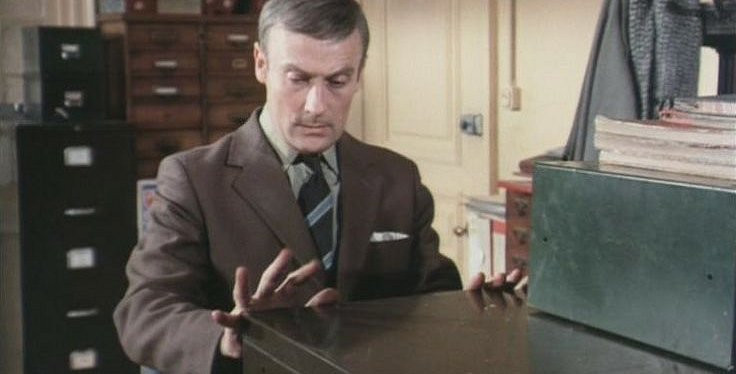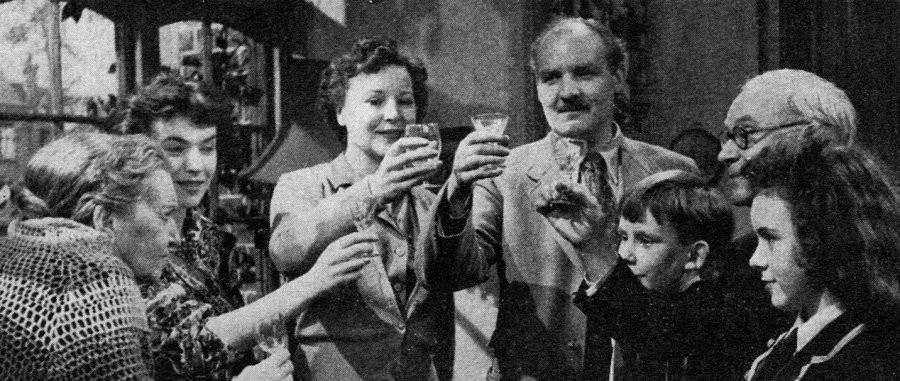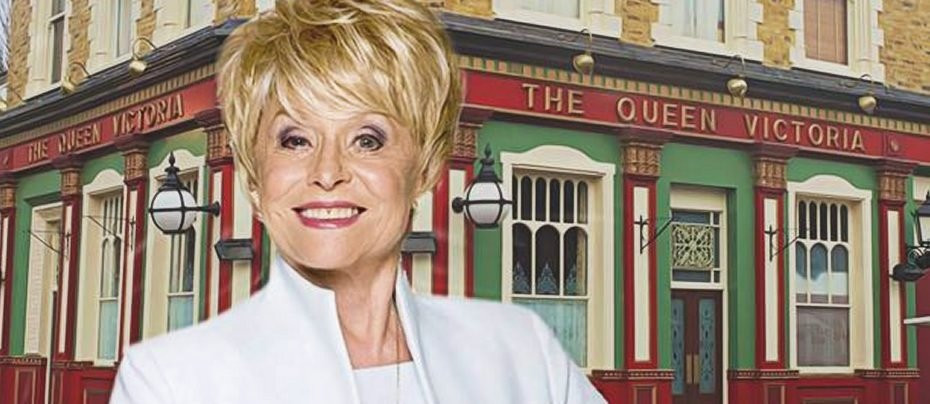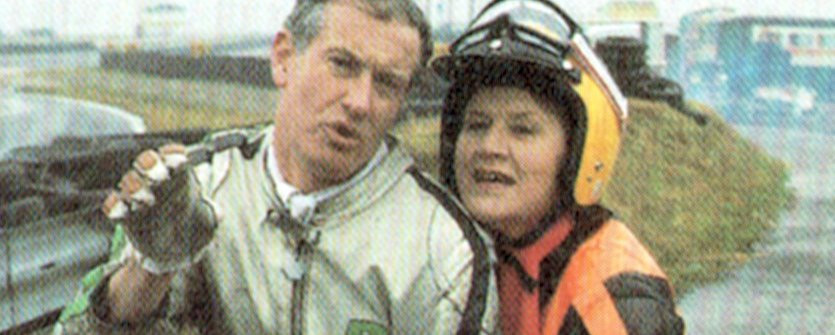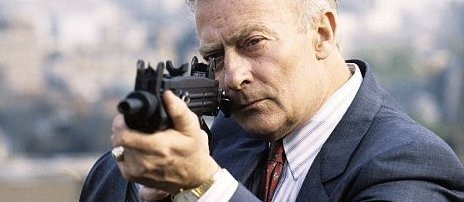
EastEnders
1985 - United KingdomBorne out of the BBC’s desire to rival the seemingly unassailable ratings supremacy of Coronation Street, EastEnders exploded onto British screens in 1985 and rapidly proved itself a drama of considerable grit and social relevance. Conceived by producer Julia Smith and scriptwriter Tony Holland—both of whom had honed their talents on series such as Z Cars, Angels, and District Nurse — EastEnders was no mere imitation. While previous attempts by the BBC, like Compact, The Newcomers and United, had tried and failed to match Coronation Street, the residents of Walford, London E20, finally managed to turn the tide and, in the eyes of many, became the nation’s most beloved drama series.
With a fanfare of heavy pre-launch publicity and teaser adverts introducing viewers to each resident individually, EastEnders made its debut on 19 February 1985. Its opening salvo was the discovery of the lifeless body of Reg Cox, setting the tone for a series that would rarely shy away from dark or difficult subject matter. Like its Manchester counterpart, EastEnders centred around a close-knit community, with the Queen Vic pub serving as the Square’s heart and social hub—quickly establishing itself as a household name alongside Corrie’s Rovers Return, thanks in no small part to the volatile pairing of Den and Angie Watts.
It didn’t take long for the show to make waves. Early storylines tackled teen pregnancy, alcoholism, and domestic strife—none more famously than the saga of Michelle Fowler’s mystery pregnancy and Angie’s desperate lie about a terminal illness to prevent Den from leaving her. The Christmas Day episode in which Den served Angie with divorce papers drew a record-breaking 30.15 million viewers, a testament to the show's emotional grip on the British public and Leslie Grantham’s career-defining turn as the notorious ‘Dirty Den’.
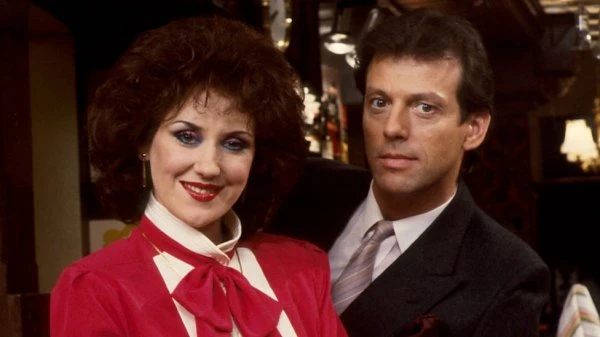
Over the years, EastEnders cemented its reputation for addressing taboo and socially relevant issues with honesty and courage. It tackled prostitution, abortion, HIV/AIDS, homelessness, Alzheimer’s, rape, and more—with a level of frankness that often courted controversy but rarely felt exploitative. Arthur Fowler’s slow descent into mental breakdown, a storyline handled with remarkable emotion by actor Bill Treacher, was a particular high point in terms of dramatic realism. Yet the intensity took its toll, not only on characters but also on the actors themselves—some, such as Danniella Westbrook and David Scarboro, faced deeply personal struggles that mirrored the darkness of the fictional Walford.
Despite criticism over its melodramatic tendencies, EastEnders remained grounded by a social conscience and an unapologetic reflection of multicultural, working-class life—something Coronation Street was slower to embrace. It offered a blend of familiar and famous faces: Wendy Richard as Pauline Fowler, Mike Reid’s loveably gruff Frank Butcher, Louise Jameson, Anna Karen, and Barbara Windsor as the formidable Peggy Butcher, all brought credibility and colour to the Square. Pop culture and music also found their way in, with cast members like Anita Dobson, Nick Berry, Michelle Gayle and Martine McCutcheon crossing into the music charts—some with surprising success.
The series evolved in step with its audience. Initially aired twice a week (on alternate days to Corrie), it expanded to three weekly episodes in 1994, by which time Smith and Holland had departed to the ill-fated Eldorado. Special episodes like Civvy Street (1988) added depth and historical context, while plotlines such as "Who Shot Phil Mitchell?" maintained its suspenseful edge in later years.
By 2001, EastEnders had firmly entrenched itself as a pillar of British television. With a loyal audience of around 12 million households, its blend of kitchen sink realism, character-driven drama, and high-octane storytelling made it essential viewing. The decade saw EastEnders continue its tradition of hard-hitting storylines, addressing contemporary issues with a bold approach.
However, as the decade progressed, the series faced criticism for a perceived decline in narrative quality. Some viewers felt that the storylines became repetitive or less engaging, leading to a dip in ratings. In response, the show's producers introduced new characters and revamped existing ones to reinvigorate interest. Despite its efforts to rejuvenate the series, EastEnders experienced fluctuations in viewership. In 2021, the show faced its lowest ratings ever, with only 1.7 million viewers tuning in for a live episode. This decline was attributed to factors such as shortened episode durations, inconsistent scheduling, and competition from streaming platforms.
Despite this downturn, in 2023, the series won the British Soap Award for Best British Soap, marking its 12th win in this category., and in 2025, it received the British Academy Television Award for Best Soap and Continuing Drama, further cementing its reputation as a leading soap opera. The 40th Anniversary Week in February marked a significant milestone for the series. The special episodes featured high-stakes drama, including a live episode, the explosion of the Queen Vic pub, and the return of iconic characters like Cindy Beale. These episodes were met with positive reviews, with critics praising the show's ability to deliver compelling drama while celebrating its rich history. Throughout the years, EastEnders has garnered numerous accolades, underscoring its enduring impact on British television.
Some may argue it strayed from the real East End—but for many, that hardly mattered. At its best, EastEnders is raw, resonant, and unmissable—a drama that holds a mirror up to Britain and dares us to look.
Seen this show? How do you rate it?
Seen this show? How do you rate it?
Published on April 30th, 2025. Written by Laurence Marcus for Television Heaven.


